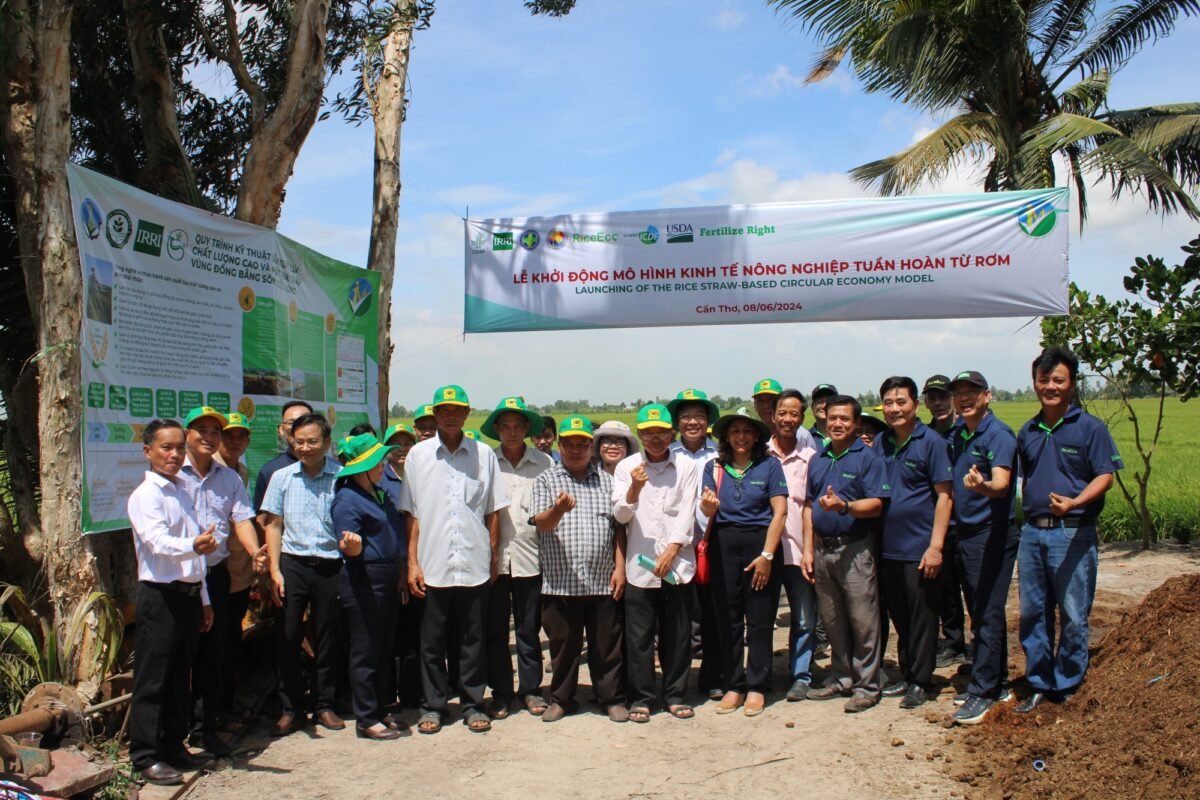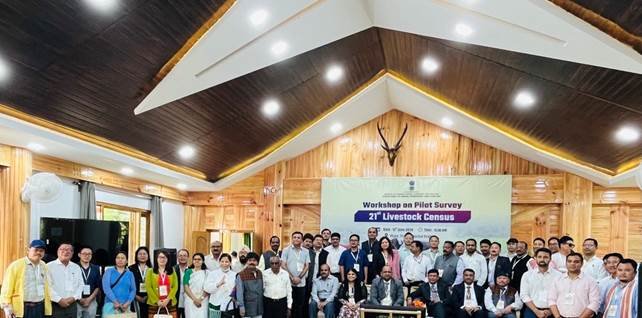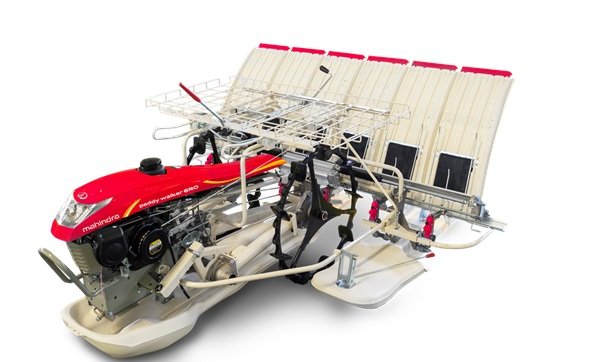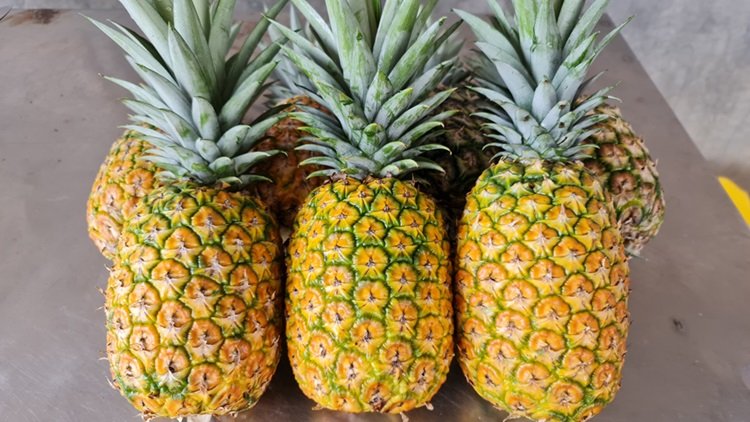Adani Airports Holdings handle over One Mn tonnes of cargo in FY23-24
International cargo tonnage amounted to 662,258 metric tonnes, recording 9 per cent y-o-y growth. Top commodities included automobiles, pharma and perishables.
Adani Airport Holdings Limited (AAHL) handled an impressive one million tonnes of air cargo in fiscal year 2023-2024, achieving a milestone. The achievement underscores AAHL’s robust operational capabilities and strategic growth in the aviation industry.
Demonstrating solid growth, AAHL facilitated a remarkable 10,13,115 metric tonnes of cargo in FY 2023-24, capturing an impressive 30.1 per cent market share. This represents a significant 7 per cent y-o-y increase compared to the previous fiscal, when the total cargo tonnage was 9,44,912 metric tonnes.
In FY 2023-2024, AAHL’s cargo operations were predominantly international – 65 per cent of the cargo managed was international. This showcases AAHL’s efficiency in managing worldwide operations while maintaining a robust domestic presence. The international cargo tonnage amounted to 6,62,258 metric tonnes, recording a notable 9 per cent y-o-y growth compared to the previous fiscal’s 6,06,348 metric tonnes.
The cargo operations were driven by commodities, including automobiles, pharmaceuticals, perishables, electricals/electronics, and engineering goods. They were efficiently handled across the Chhatrapati Shivaji Maharaj International Airport (Mumbai), the Sardar Vallabhbhai Patel International Airport (Ahmedabad), the Chaudhary Charan Singh International Airport (Lucknow), the Thiruvananthapuram International Airport, the Mangaluru International Airport, the Lokpriya Gopinath Bordoloi International Airport (Guwahati) and the Jaipur International Airport.
The major international destinations for cargo included Germany, Netherlands, the United Arab Emirates, the United Kingdom and the United States of America.
Reflecting on the achievement, Arun Bansal, CEO, AAHL, said, “At Adani Airport Holdings Limited, we have been consistently setting new benchmarks for operational efficiency. The cargo terminals have achieved a remarkable milestone, handling over 1 million tonnes this fiscal year. This achievement solidifies our position as key facilitators in both international and domestic airfreight operations in India.”
The following highlights from fiscal year showcase 2023-2024 AAHL’s journey:
Mumbai international airport witnessed the highest recorded volumes for the fiscal year in March 2024.
- The airport received 2 major awards:
- Cargo Airport of the Year – Region India at Air Cargo India 2024.
- The Best Cargo Airport – Efficiency & Digitization at the India Cargo Awards 2023.
- Notable additions of new freight operators: Challenge Group, CMA CGM Air Cargo, Air Pace, Kenya Airways, Indigo, and Uganda Airlines.
- SACT at Mumbai implemented 100 per cent virtual account usage by trade partners, taking a major step towards digitization in domestic cargo operations.
- Sardar Vallabhbhai Patel International Airport (Ahmedabad) successfully handled Indigo’s first A320 neo freighter on 18 May, 2024
- International cargo operations at Chaudhary Charan Singh International Airport (Lucknow) achieved the highest-ever volume of 700 tonnes in March 2024.
International cargo tonnage amounted to 662,258 metric














